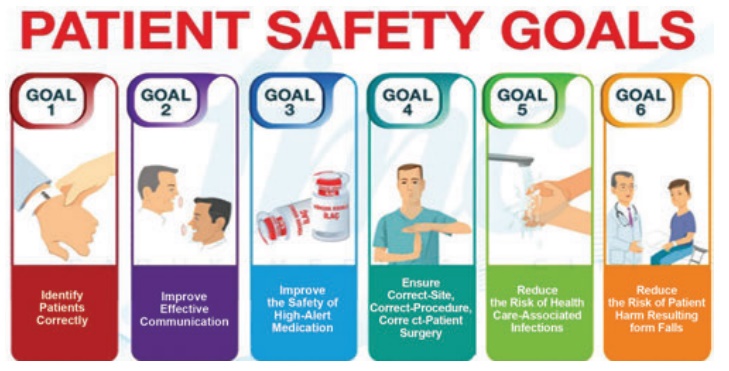Administration of Medicine in Nursing - Legal and Ethical Aspects | 12th Nursing : Chapter 9 : Administration of Medicine
Chapter: 12th Nursing : Chapter 9 : Administration of Medicine
Legal and Ethical Aspects
LEGAL AND ETHICAL
ASPECTS
Indian pharmacopoeia:
drug complying with standards are prescribed in the Drugs and Cosmetics Act
Standards include standards for identity, purity and potency. The government of
most of the countries have established the drug standards which are published
in the pharmacopoeia. In our country, the ministry of health and family welfare
of Indian government, published third edition by the year 2000.
The drug and cosmetic
act provides for the establishment of three control agencies to regulate,
manufacture, sale, distribute, import and export of drugs.
·
Advisory agencies
·
Analytical agencies
·
Executive agencies
Drug Laws
· The pharmacy act 1948
· Dangerous drug act 1930
· Drug and cosmetic act 1940
· Medicinal and toilet preparation act 1956
· Poisons act 1919
National Patient Safety Goals
These safety goals are
based upon needs that are identified in the healthcare through research,
patient reports, and clinician input.
· To improve accuracy and identification of
patient
· Report critical lab tests that could affect
medication administration
· Improve the safety of using medication

General Instruction for Legal Consideration
• Always check patient’s identification tag
• Ask patient to state their name and birth date.
• Compare medication order to identification tag and patient’s stated
name and birth date.
• Verify patient’s allergies with chart and with patient.
• Perform a triple check of the medication’s label
· When retrieving the medication.
· When preparing the medication.
· Before administering medication to patient.
• Always check the medication label with the physician’s orders.
• Never administer medication prepared by another person
• Never administer medication that is not labeled
• Check label for medication concentration.
• Compare prepared dose with medication order.
• Triple all medication calculations.
• Check all medication calculations with another nurse.
• Verify that dosage is within appropriate dose range for patient
and medication.
• Verify schedule of medication with order.
Date
Time
Specified period of time
• Check last dose of medication given to patient.
• Administer medication within 30 minutes of schedule.
• Verify medication route with medication order before
administering.
• Medication may only be administered via route specified in order
• Inform patient of medication being administered.
• Inform patient of desired effects of medication.
• Inform patient of side effects of medication.
• Ask patient if they have any known allergies to medication
• The legally responsible party (patient, parent, family member,
guardian, etc.) for patient’s care has the right to refuse any medication.
• Inform responsible party of consequences of refusing medication.
• Verify that responsible party understands all of these
consequences.
• Notify physician that ordered medication and document
notification.
• Document refusal of medication and that responsible party
understands consequences.
• Properly assess patient and tests to determine if medication is safe
and appropriate.
• If deemed unsafe or inappropriate, notify ordering
physician and document notification.
• Document that medication was not administered and the
reason that dose was skipped.
• After medication has been administered • Assess patient for any adverse side effects.
• Assess patient for effectiveness of
medication.
• Compare patient’s prior status with post medication status.
• Document patient’s response to medication.
• Never document before administration of medicine.
Do’s and Don’ts
Do not give out dated or
expired medication
Do not give medication
beyond stop date
Do not administer
medication that have changed colour or consistency
Administer medication
that are taken only from properly labeled or prescribed container
Related Topics